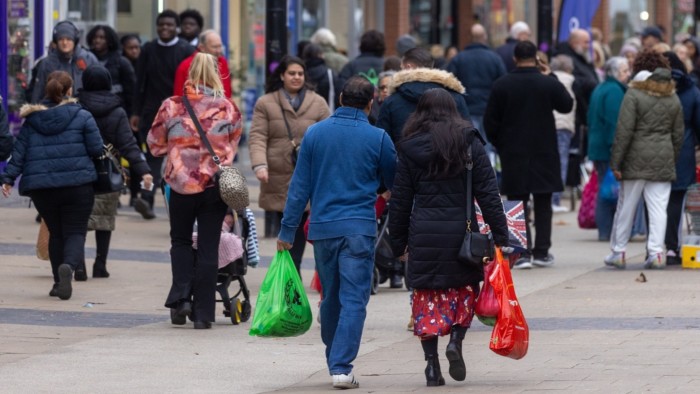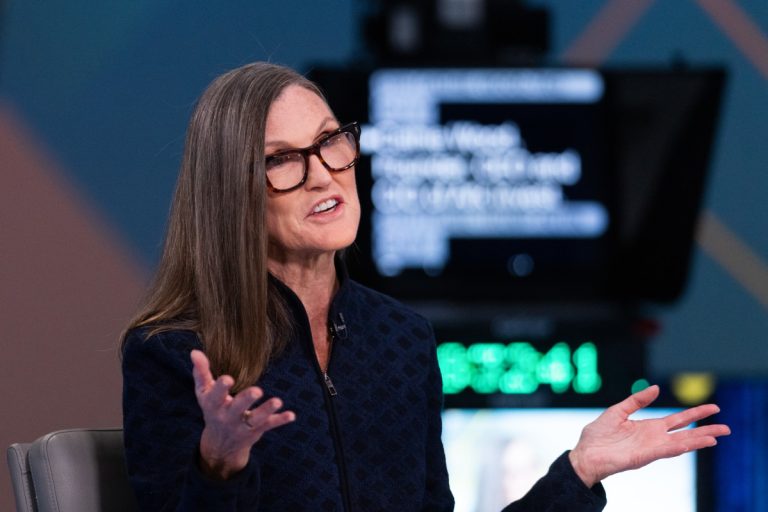Unlock the Editor’s Digest for free
Roula Khalaf, Editor of the FT, selects her favourite stories in this weekly newsletter.
Hundreds of thousands of people who have moved to Britain since 2020 with a potential path to permanent settlement within five years are now at risk of having to wait another half-decade under Sir Keir Starmer’s migration crackdown.
One of the pillars of the prime minister’s package of reforms, set out on Monday, is a doubling of the default period that migrants must spend living and working in the UK before they can apply to stay indefinitely.
This “settlement” status opens up eligibility for benefits and a path to citizenship, and takes five years for most migrants at present but will in future take up to 10.
Under current plans, home secretary Yvette Cooper intends for this policy to apply to people who are already in the UK, according to people briefed on her thinking — despite concerns among government officials over potential legal challenges.
Experts have also warned that the policy, which was outlined in a white paper, will not aid integration and will only boost Home Office revenue from the extended period during which migrants must pay fees.
The Home Office on Sunday told the Financial Times that the policy would not apply retrospectively to people already in the UK, since the courts would be likely to rule this illegal.
But a person close to Cooper said on Wednesday that, under current plans, any applications for settlement put in after the point at which the more restrictive policy came into effect would fall under the new rules “regardless of when the individual first came to the country”.
Applications for settlement are usually made at the end of the five-year period in which a migrant has been living in the UK.
The person added, however, that the Home Office had yet to confirm when the new rules would take effect, suggesting people nearing the five-year deadline soon might be spared.
Madeleine Sumption, director of the Migration Observatory at Oxford university, said the proposals meant about 1mn people who could have expected to receive settlement in the next few years would instead have to wait another half decade.
The figure, which is based on rough calculations, is mostly comprised of people on skilled worker visas, although it also includes refugees and those on specific visa routes from Hong Kong.
Allies of Starmer said the new rules would apply to people from the moment they are introduced, but that there would be a consultation to ensure they were introduced “fairly”, with some mitigations for people nearing the deadline.
Ministers recognise that some families might be making plans for a permanent life in Britain — for example, making school applications — which could be thrown into doubt by the change.
“Someone may have been here for four-and-a-half years and they are starting to organise their lives,” said one ally of the prime minister. “We need to make sure this is done fairly.”
Between 2020 and 2024, 605,000 people were granted settled status in the UK, including 162,000 people in the final 12 months, according to Home Office data.
The government plans to consult later this year on the detail of the new requirements, including on how migrants could qualify for a faster route to settlement based on their contributions to the economy and society.
Starmer’s reforms and tough rhetoric — he warned that Britain risked becoming “an island of strangers” without action — come after Nigel Farage’s anti-immigration Reform UK party made big gains in English local elections this month.
Reform is now significantly ahead of both Labour and the Conservatives in opinion polls, on about 29 per cent.
Cooper told parliament on Monday: “We will set out further details of the earned settlement and citizenship reforms later this year, and we will consult on them.”
Immigration lawyers said they were receiving floods of queries from individuals and employers worried about what the change could mean.
Colin Yeo, a barrister and campaigner specialising in immigration law, said that while retrospective application of the policy was likely to face legal challenges, “the general rule is that the Home Office is allowed to do that”.
The outcome of challenges would depend on whether migrants coming through particular visa routes had been given explicit promises of the terms on which they would be allowed to apply for settlement at the time, he said.
This was despite it being “fundamentally unfair” that migrants who were often highly skilled, with options to work in many countries, had made an informed choice to come to the UK only to find the rules had changed under them, Yeo added.
Professor Brian Bell, chair of the government’s Migration Advisory Committee, said there was no obvious benefit in extending the path to settlement for people who were already in the country and likely to remain because it would make it harder for them to succeed in their careers.








